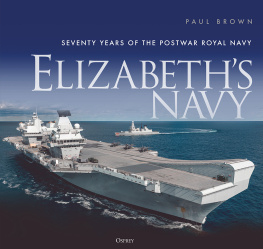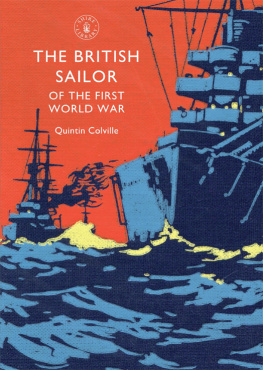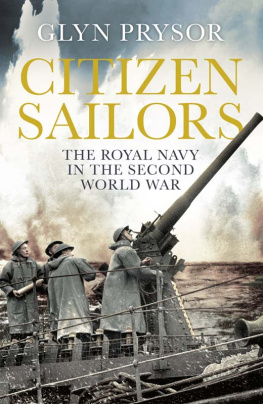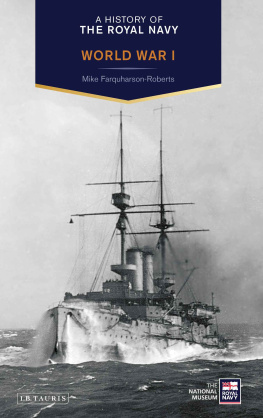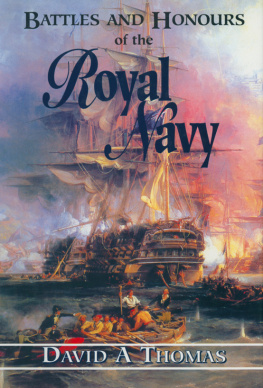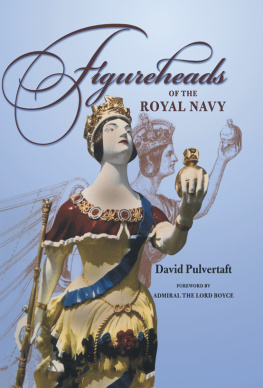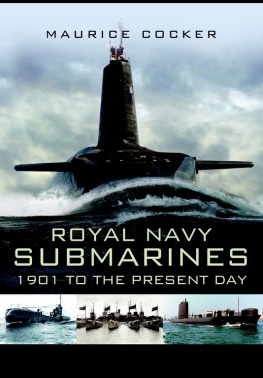First published in 1987 by Routledge & Kegan Paul Ltd
This edition first published in 2016
by Routledge
2 Park Square, Milton Park, Abingdon, Oxon OX14 4RN
and by Routledge
711 Third Avenue, New York, NY 10017
Routledge is an imprint of the Taylor & Francis Group, an informa business
1987 Cyril Tawney
All rights reserved. No part of this book may be reprinted or reproduced or utilised in any form or by any electronic, mechanical, or other means, now known or hereafter invented, including photocopying and recording, or in any information storage or retrieval system, without permission in writing from the publishers.
Trademark notice: Product or corporate names may be trademarks or registered trademarks, and are used only for identification and explanation without intent to infringe.
British Library Cataloguing in Publication Data
A catalogue record for this book is available from the British Library
ISBN: 978-1-138-94398-8 (Set)
ISBN: 978-1-315-66734-8 (Set) (ebk)
ISBN: 978-1-138-95411-3 (Volume 9) (hbk)
ISBN: 978-1-138-12229-1 (Volume 9) (pbk)
ISBN: 978-1-315-65076-0 (Volume 9) (ebk)
Publishers Note
The publisher has gone to great lengths to ensure the quality of this reprint but points out that some imperfections in the original copies may be apparent.
Disclaimer
The publisher has made every effort to trace copyright holders and would welcome correspondence from those they have been unable to trace.
First published in 1987 by
Routledge & Kegan Paul Ltd
11 New Fetter Lane, London EC4P 4EE
Set in 11/12pt Garamond
by Columns of Reading
and printed in Great Britain
by T.J. Press (Padstow) Ltd
Padstow, Cornwall
Cyril Tawney 1987
No part of this book may be reproduced in any form without permission from the publisher except for the quotation of brief passages in criticism
British Library Cataloguing in Publication Data
Grey funnel lines: traditional song and verse of the Royal Navy, 1900-1970
1. Sea songs, English
I. Tawney. Cyril
784.686238 PR1195.S417
ISBN 0-7102-1270-4
This book is dedicated to the memory of
ANDREW LEES
(19431970)
Sailor,
Folk Singer,
Good Companion
The Grey Funnel Line
Dont mind the rain or the rolling sea,
The weary night never worries me,
But the hardest time in a sailors day
Is to watch the sun as it dies away.
Its one more day
On the Grey Funnel Line.
The finest ship that sailed the sea
Is still a prison to the likes of me,
But give me wings like Noahs dove
Id fly up harbour to the girl I love.
Its one more day
On the Grey Funnel Line.
There was a time my heart was free,
Like a floating spar on the open sea,
But now the spar is washed ashore,
It comes to rest at my real loves door.
Its one more day
On the Grey Funnel Line.
Every time I gaze behind the screws
Makes me long for old Peters shoes,
Id walk right down that silver lane
And take my love in my arms again.
Its one more day
On the Grey Funnel Line.
Oh Lord, if dreams were only real
Id have my hands on that wooden wheel
And with all my heart Id turn her round
And tell the boys that were homeward bound.
Its one more day
On the Grey Funnel Line.
Ill pass the time like some machine
Until the blue water turns to green,
Then Ill dance on down that walk-ashore,
And sail the Grey Funnel Line no more.
And sail the Grey
Funnel Line no more.
Cyril Tawney (1959)
Copyright Gwyneth Music Ltd
Preparing this collection for publication has involved deciding on a number of policies which I believe need explaining if not defending. First there was the difficulty of coming to terms with the fact that, unlike the majority of previous folk song collectors, I was working to a certain extent with texts which I had never heard performed, sent to me by people I had never met. Long experience has led me to a conclusion which will surprise many, namely that the ability of singers to transcribe a song on to paper word-for-word exactly as they sing it is far less common than might be supposed. In the past, if doubts have arisen as regards scansion or some other aspect of the text, I have, where the opportunity has presented itself, asked the transcriber to sing the song, only to find in many cases that in their transcriptions they have omitted the occasional minor word or made other slight alterations which, though retaining the full sense of the verse, have done considerable injury to its metre. I recall one instance where this happened with a song actually written by the singer himself. (It is a point also to be borne in mind by students of medieval lyrics written down by scribes whose chief concern may have been preservation rather than performance.) Another consideration is that many people who supply the words of songs in manuscript form are not themselves singers at all. They may never have actually performed the songs, even to their intimates. Their role has been simply that of a passive listener who liked a particular song and heard it often enough, or had a good enough memory, to retain the bulk of the words in their head. Under the normal folk process, had they then performed the song they would have patched up any textual discrepancies by improvisation. As it is, they have probably in many cases passed on the words that they remember, in manuscript form and with the discrepancies retained. As a consequence I have in some places felt justified in employing what scholars have called an educated imagination in restoring a line to what I believe was the most likely form in which it was sung. I hope this will not be construed as tampering with tradition. Rather, it is a case of trying to estimate the amount of tampering that has already taken place and attempting, with insight, to undo it.
In one respect a contributors alterations have been quite deliberate. I refer to the delicate matter of the expletives and gross terminology in common usage among seafarers and others. However much they may make use of an obscene vocabulary themselves there are many men, especially those of the old school, who cannot bring themselves to transfer such words to paper for perusal by a complete stranger. They either leave blanks or substitute innocuous alternatives such as blooming, blinking or flipping. While respecting their reserve, I feel that to reproduce such modifications would be to dissipate the essential vigour of the sailors idiom and falsify the evidence regarding his typical modes of expression. On the other hand, Jack himself has a small and potently variable range of utterances from which he chooses freely, and what has come to be regarded as the ultimate expletive is not always used. I have chosen, therefore, to select where feasible the word bleeding, a term which is at once relatively inoffensive to the majority yet retains much of the bite associated with stronger terms. It is a middle course which I hope offends the fewest sensitivities. None the less I have felt compelled to retain any word whose omission would affect either rhyme or alliteration, or would in any other way be detrimental to the lyric.


